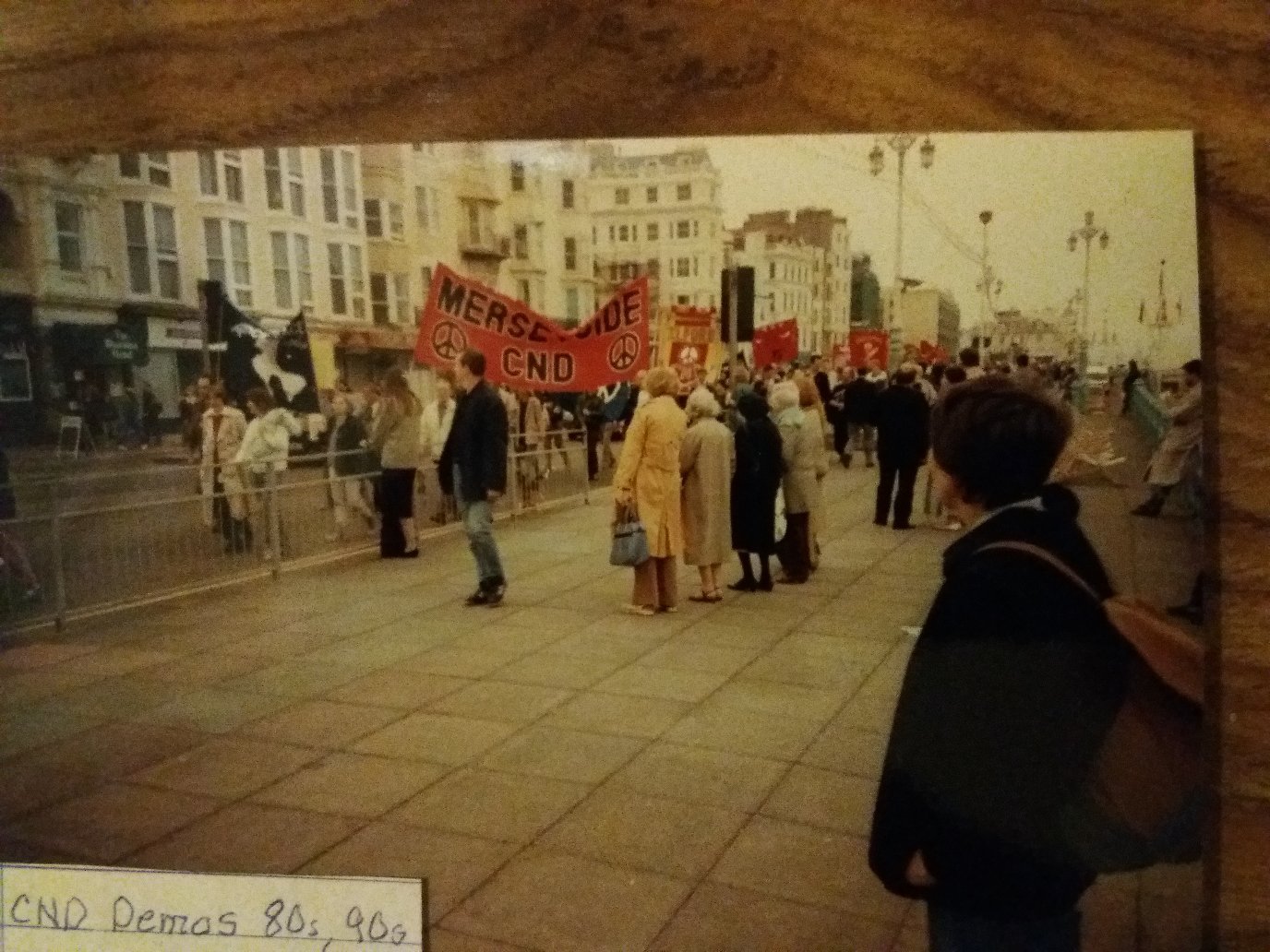London CND is entering 2023 with force and determination!
Starting with a very well-attended online conference, we met in person for our New Year social and followed with an online Annual General Meeting to decide on key campaigns for this year.
New Year Social
After a few years of unfortunate events meddling with our plans, we were happy to bring our New Year social back! We returned to the Ev Restaurant just next to Southwark Station.
It was a lovely evening of catch ups with friends, with a raffle and delicious Anatolian mezze food shared with Jeremy Corbyn MP and our Vice-President Emma Dent-Coad.
A new Vice-President was annouced: Murad Qureshi, who gave an interesting speech on CND’s campaigning prospects in 2023.
Annual General Meeting
London CND Coordinator Julie Saumagne presented her report on 2022 activities:
With the war in Ukraine and the return of US nukes in Britain, promoting our message of Peace has been at the forefront of our activities. But cutting through the thick layer of warmongering covering the media and public attention was, and remains, a major challenge. So we got creative.
First, we made our voice heard twice at RAF Lakenheath, bringing two coaches full of protestors. We painted original banners and staged a theatrical intervention that got shared in the media and online.
Second, I’m particularly proud of our new partnership with the V&A. We first organised a visit of their poster archive with the artist Peter Kennard. We then organised a second event as part of the Hiroshima commemorations which focused on the cultural impact of the two nuclear bombings through the lens of Giant Monster movies. These two events were part of our wider efforts to generate new ways of engaging with the youth.
Finally, another approach we took was to support CND in launching a TikTok page - you have probably heard of this new social media platform, it is most used by Gen Z and supports political messages quite well. We started experimenting with more humorous videos and are hoping to do more this year.
2022 has seen an acceleration of existing tensions, and we have done all we could to face them with determination and inventiveness in calling for nuclear disarmament everywhere.
As closing words, I would like to take this opportunity to remind everyone that I’m always pleased to receive feedback and listen to any new ideas you might have. So feel free to email or call me if you’d like, I am available every Tuesday.
Three motions were voted upon and accepted. One covered London CND’s commitment to the pursuit of deescalation and peace in Ukraine. Our priorities for 2023 were outlined in a second motion, and Murad Qureshi was appointed as a Vice President of London CND.
Murad Qureshi, appointed new London CND Vice-President
Murad Qureshi, whose family hails from Bangladesh, was born in Greater Manchester and brought up in Westminster. At university he specialised in environmental economy and maintains a keen interest in South Asia, in particular the potential for nuclear conflict between Pakistan and India. Murad was a member of the London Assembly from 2004-16, and again in 2020-21. He is a member of CND National Council and a former chair of Stop the War Coalition, and an avid football fan.










